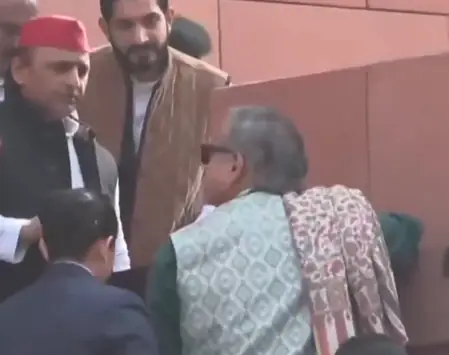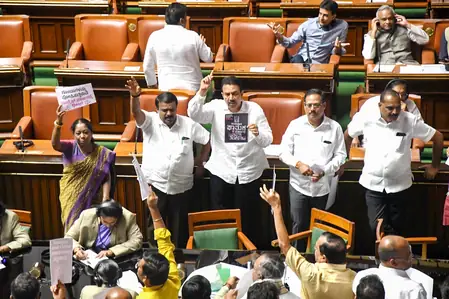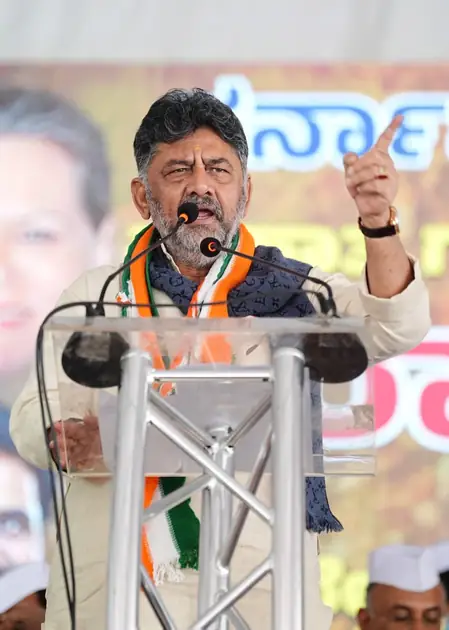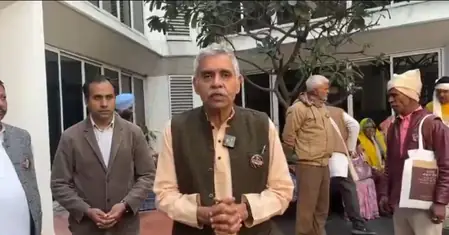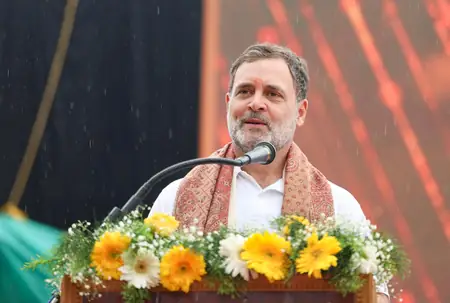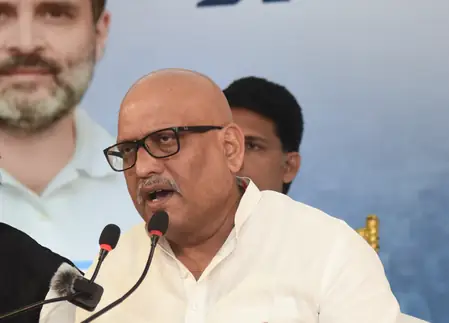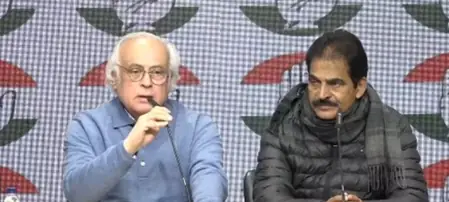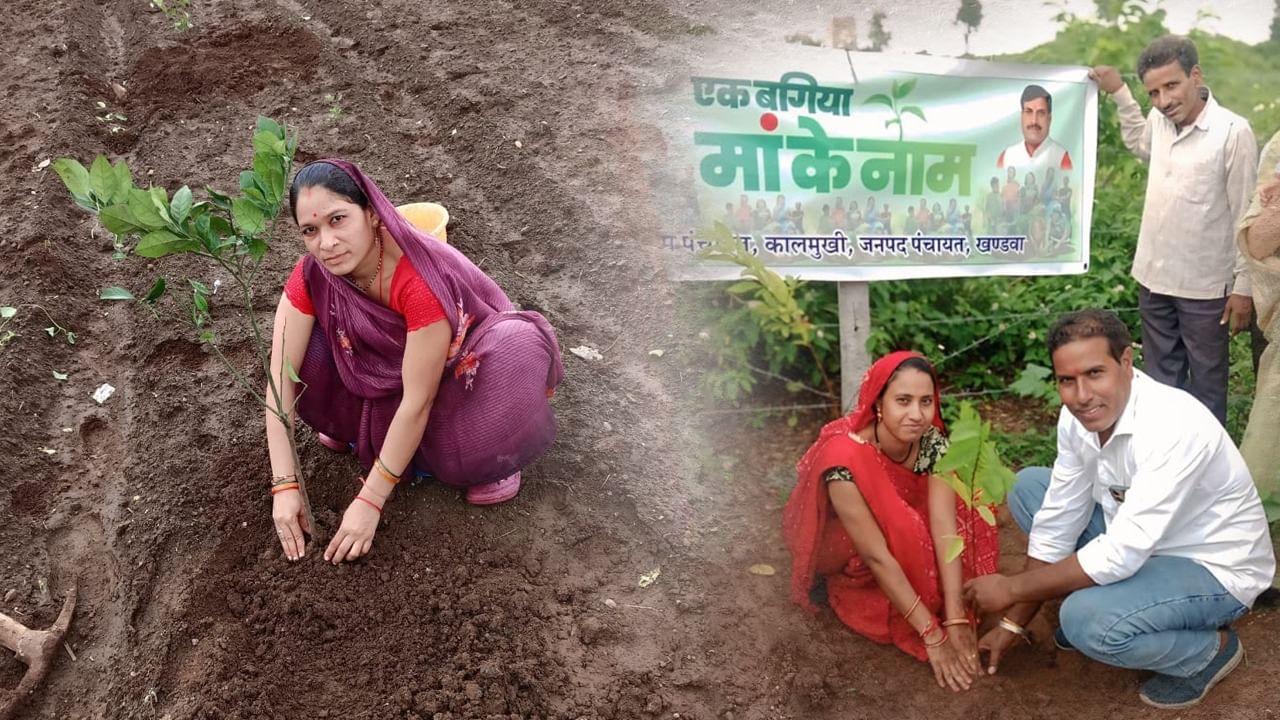Subscribe to Updates
Get the latest creative news from FooBar about art, design and business.
Browsing: MGNREGA
Congress is gearing up for a nationwide showdown over MGNREGA’s future. Senior leader Ajay Rai declared the party’s intent to protest vigorously…
The Congress party has ignited a pan-India ‘MGNREGA Bachao Sangram,’ a crusade to rescue the beleaguered rural jobs program from government apathy.…
Madhya Pradesh has launched a significant initiative to promote environmental conservation and empower women through the ‘Ek Bagiya Maa Ke Naam’ (A…
New Delhi: The Congress on Friday flagged concerns over the dip in the GST net revenue collection as per the latest data…
Congress alleges slowdown in GST collections, asks govt to focus on complexities of economy
The Congress on Friday expressed concern over the “disappointing” latest GST numbers and urged the government to focus on the complexities of…

